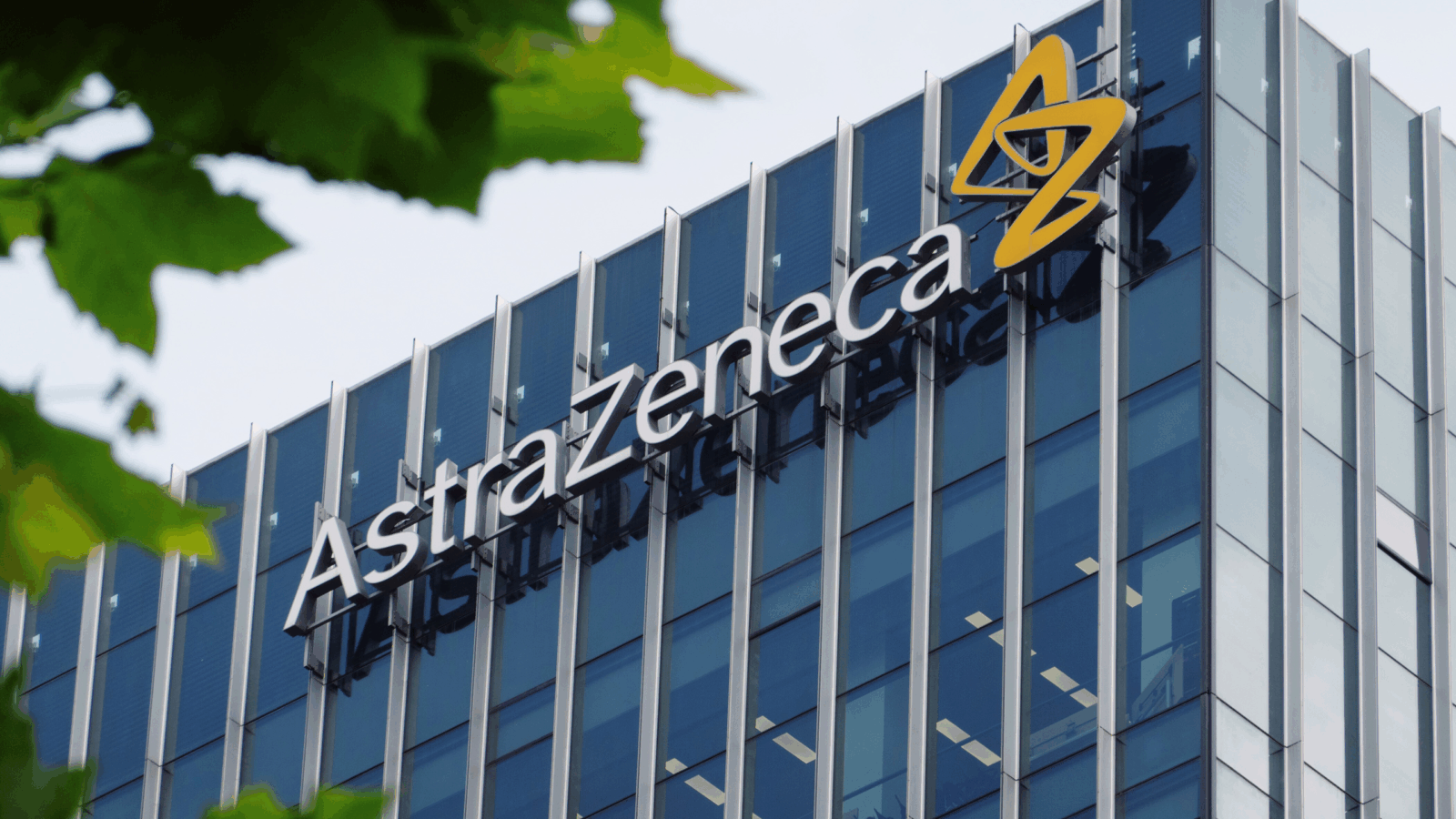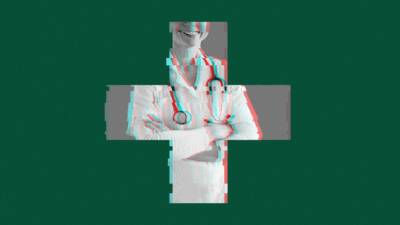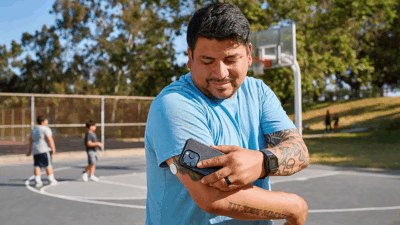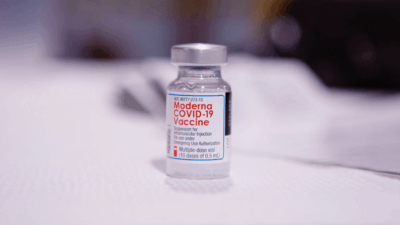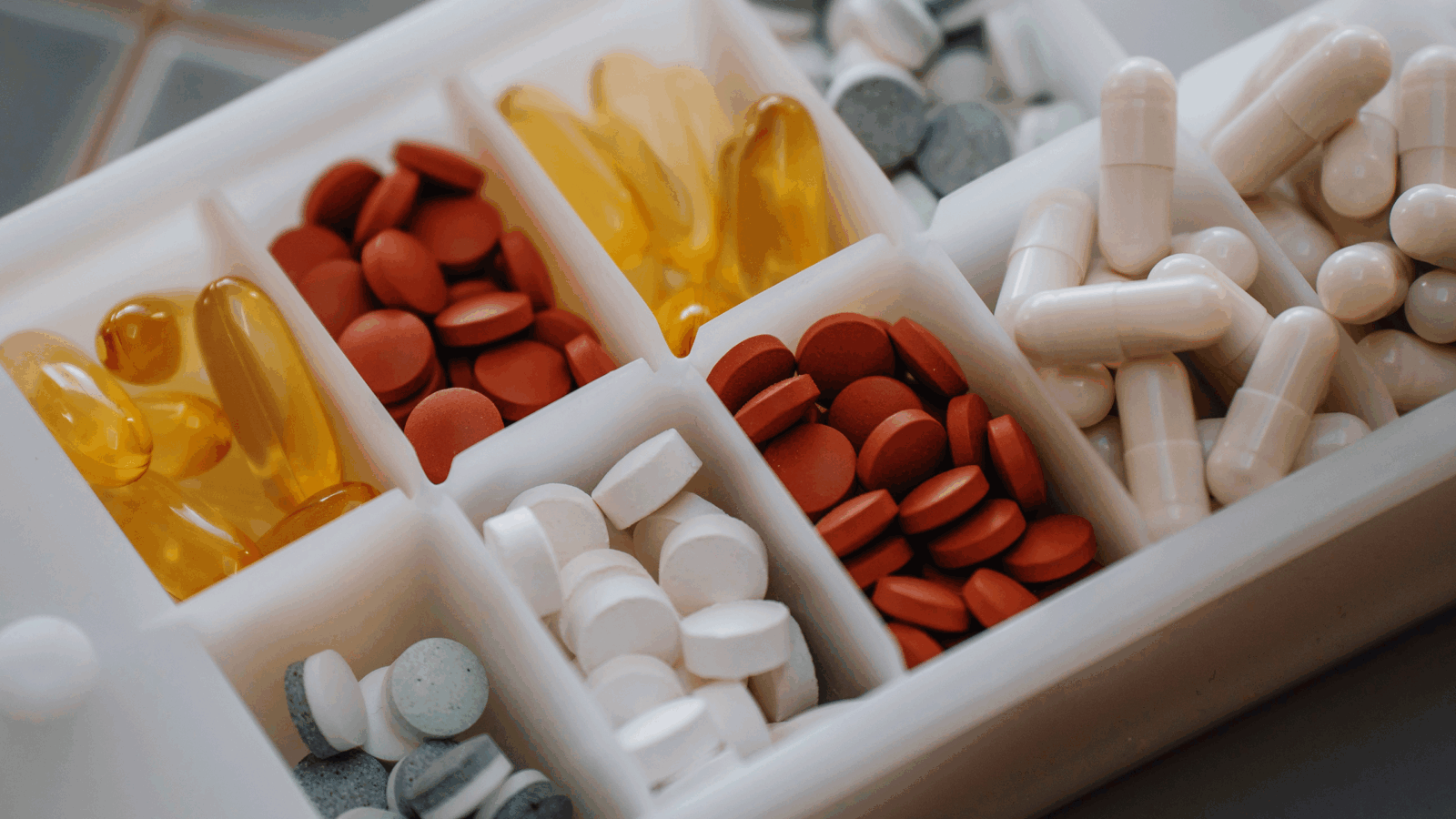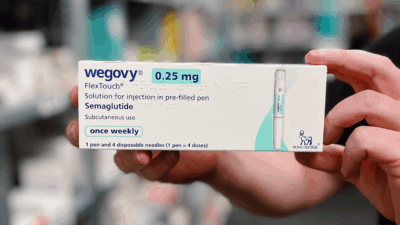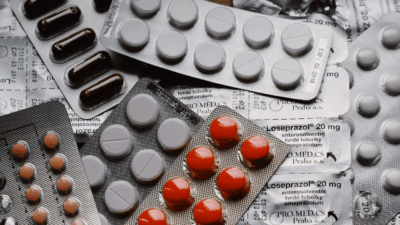WeightWatchers May Be No Match for Obesity-Drug Craze
After a solid 2023, shares of WW International just experienced their worst month ever, falling nearly 60% amid signs of waning demand.
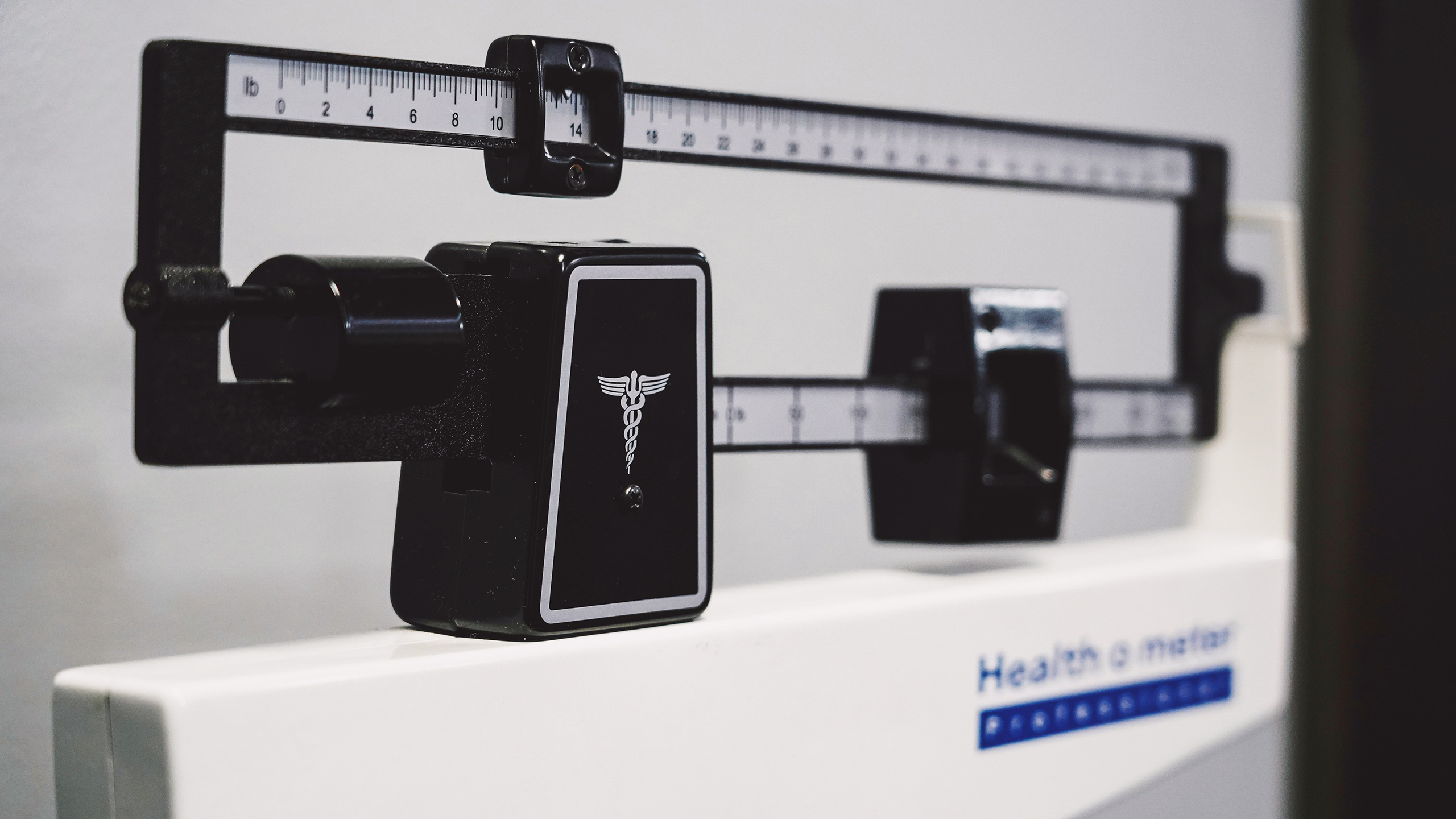
Sign up for smart news, insights, and analysis on the biggest financial stories of the day.
If you’re on WeightWatchers, you love to see numbers go down. But if you run WeightWatchers, well…
After a solid and hopeful 2023, shares of WW International (the brand’s official name) just experienced their worst month ever, falling nearly 60% amid signs of waning demand for subscriptions, Bloomberg reported. Can meme status be far away?
Shedding the Pounds
WeightWatchers made its name in a gentler era of dieting, with an array of meetings, branded meals, and support groups giving way to a simplified calorie-counting app that encourages members to eat what they want within moderation. But with the emergence of habit-curbing, anti-obesity drugs like Novo Nordisk’s Wegovy and now Eli Lilly’s Zepbound, businesses built on traditional dieting are in serious jeopardy:
- Last March, WW acquired telehealth anti-obesity drug provider Sequence, a move that secured the stock’s biggest one-day gain in nearly a decade. But last month, Eli Lilly launched its own telehealth platform to sell directly to consumers.
- Whether Lilly’s move was the reason or not, WW also experienced fewer app downloads on Androids and less web traffic so far this year, a trend seen in similar traditional weight loss services like Noom, Bloomberg reported. WW’s stock closed up slightly on Tuesday with a 5% uptick, but it’s still within shouting distance of its all-time low in 2015.
While the start of 2024 has not been ideal, WW’s Q4 earnings report in March should offer a clearer picture, and D.A. Davidson & Co. analyst Linda Bolton Weiser told Bloomberg the company is still well-positioned for the long term: “They have brand equity, whereas nobody else really does in the weight-loss space.”
Where’d You Get This? If you’re considering weight-loss drugs, the World Health Organization says to be wary of counterfeits. Both anti-obesity and similarly acting diabetes medications have been in short supply for nearly two years, and the WHO said it suspects fake versions are being sold through unregulated outlets like social media platforms. Reuters reported that three people in the US with dangerously low blood sugar sought medical attention last year after possible fake doses of Novo Nordisk’s Ozempic.
